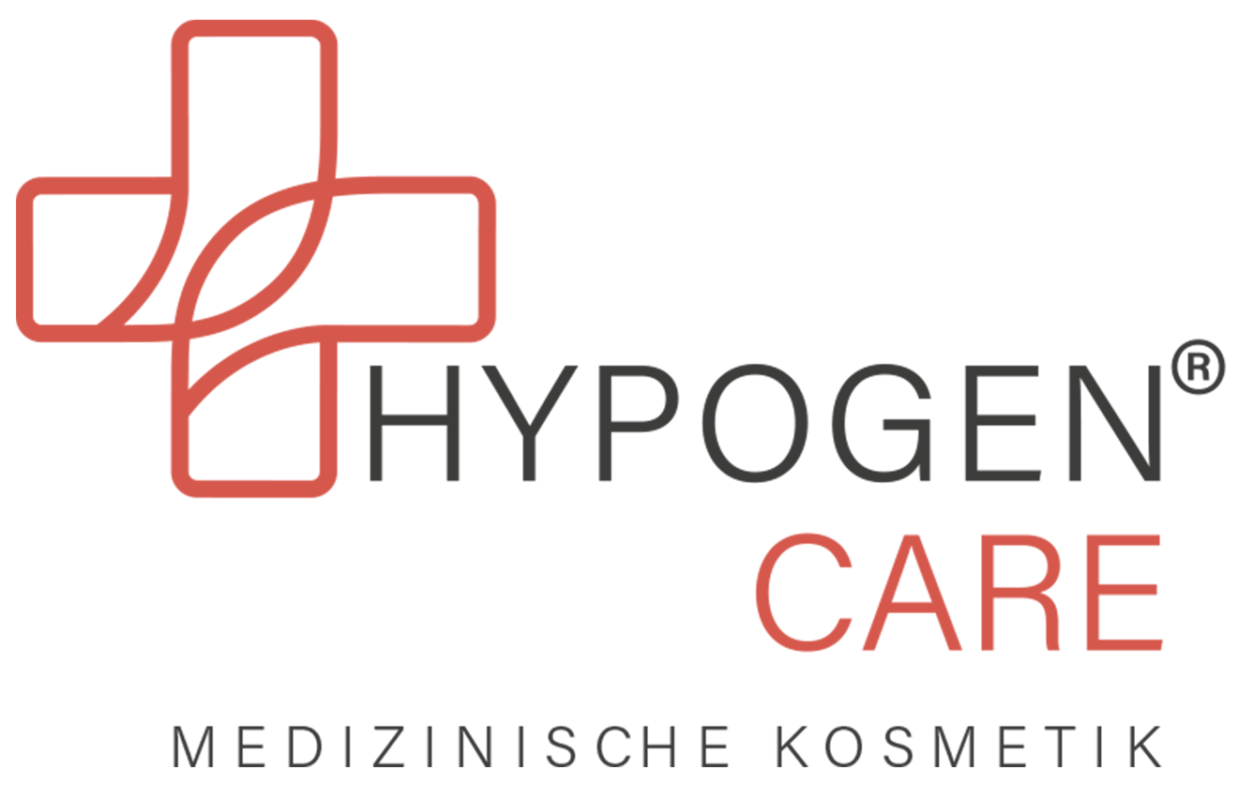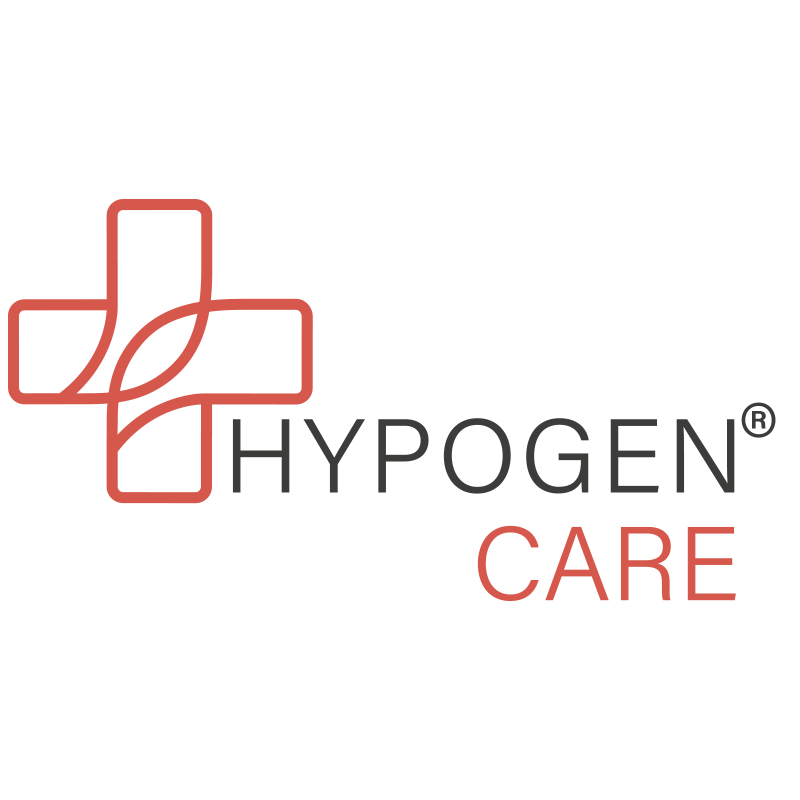SKIN
Eczema
The effect is dermatologically confirmed
In general, good skin care according to this recommendation can be expected to significantly alleviate eczematous skin in more than 95% of cases within 2 weeks.¹ In particular, itching is significantly alleviated and the external appearance of the affected areas is improved. This considerably improves the quality of life.
Which care kit should be used for eczema?
All care products for acne are included in the HYPOGEN CARE Recovery basic care set!
Recommendation
The body should only be washed with HYPOGEN CARE Shower Foam. The Shower Foam is so mild and has such a low proportion of surfactants (detergents) that it cleans as gently as possible. For hand washing, HYPOGEN CARE Washing Lotion is recommended instead of the shower foam. After washing, rinse the cleaned skin areas thoroughly.
Then apply HYPOGEN CARE LLS Care Cream to the skin - be gentle on the affected areas. The cream should be applied after every shower or cleansing. Basic care with Shower Foam and LLS Care Cream significantly reduces the skin's susceptibility to eczema.
If the skin is generally very dry, HYPOGEN CARE Skin Care Oil should be massaged into the skin before using LLS Care Cream . This should also be done gently on the areas of skin irritated by the eczema. Applying the skin care oil in this way relaxes the skin and reduces its susceptibility to tearing.
Now apply a thin layer of HYPOGEN CARE Wound Care Lotion locally to the eczema or HYPOGEN CARE Wound Care Fluid for larger areas of eczema. Do not wash or wipe off, but allow to absorb or dry. Cracked skin can also be treated locally with Wound Care Lotion (apply thinly).
For eczemic skin on the face, we recommend using HYPOGEN CARE Facial Cleanser in combination with HYPOGEN CARE Make-up Remover Oil (if required). This replaces the Shower Foam in the treatment procedure described above. In the case of eczema on the face, however, make-up should be avoided if possible until it has subsided.
Features
Eczema is one of the most common skin diseases. Almost everyone suffers from it at least once in their life. The term eczema is a collective term for inflammatory, mostly itchy, non-contagious skin diseases that occur in various forms.
Common forms of eczema include in particular:
- Dermatitis,
- Dermatosis,
- Itch Lichen.
1 Result of clinical tests by the Department of Dermatology at RWTH Aachen University Hospital and the Department of Dermatology and Allergology in Aachen.
*The recommendations of the navigator on symptoms, diseases, etc. are not a substitute for professional advice or treatment by a doctor. In general, it is advised to consult a specialist for medical guidance in case of skin diseases.
The recommendations of the navigator must not be used for independent medical treatment: The correct classification of symptoms, diseases and clinical pictures, etc. can only be provided by a physician, especially in the case of multiple diseases.

